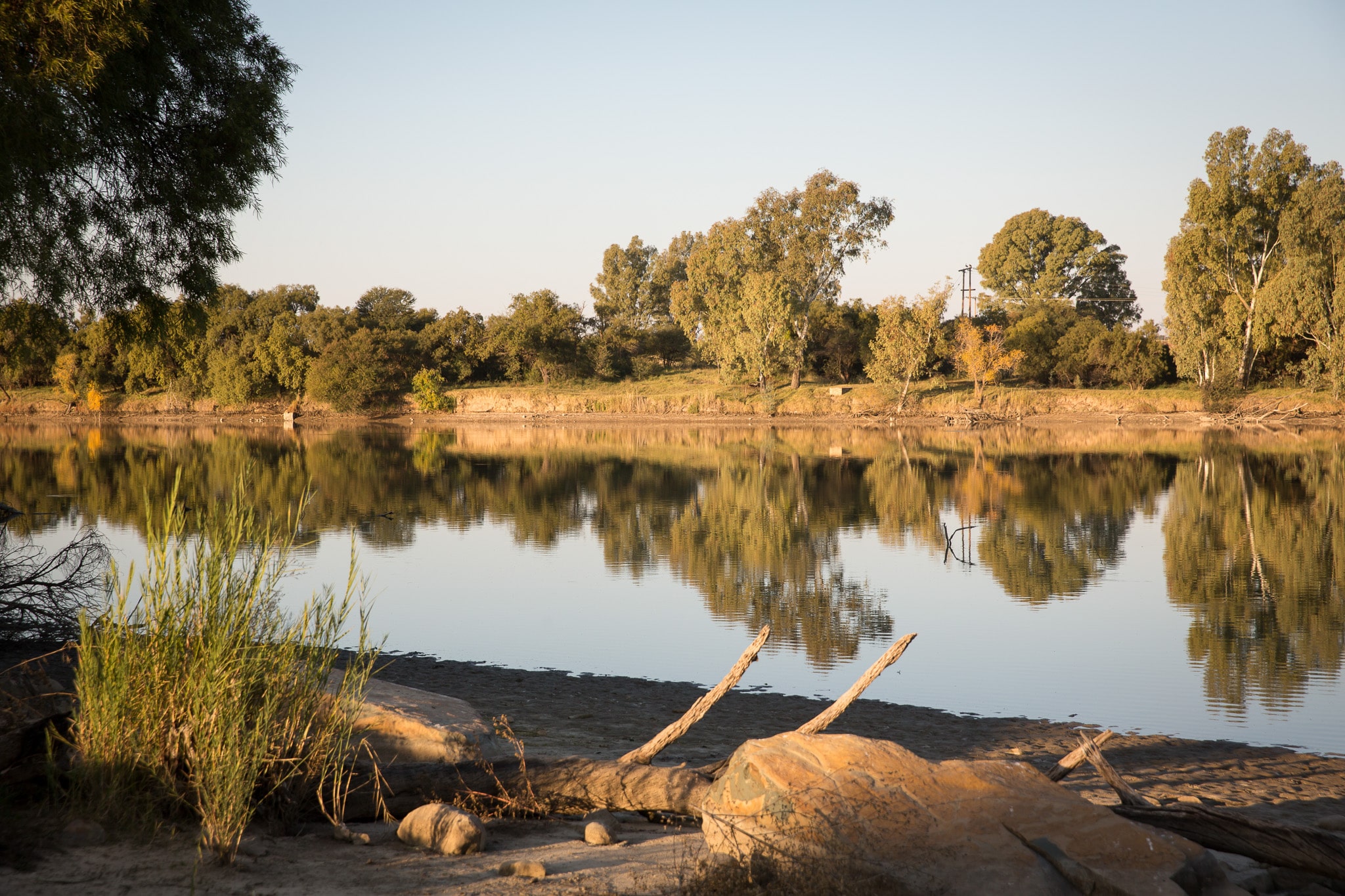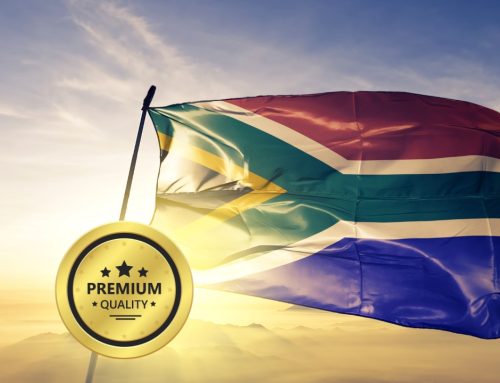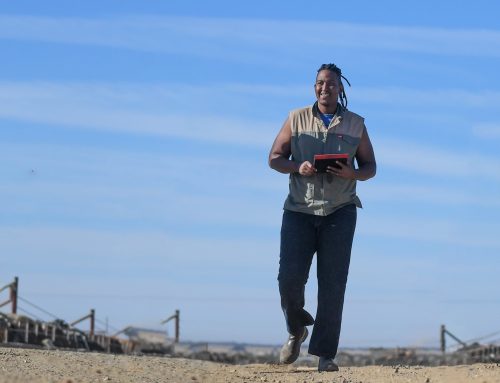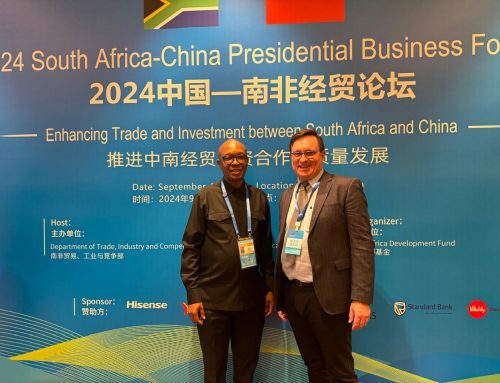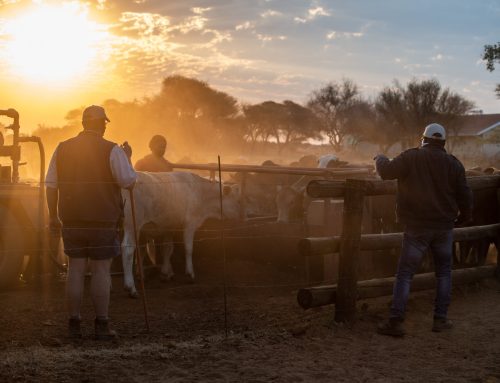January 2024: The most recent water assessments in South Africa, encompassing the Blue Drop, Green Drop, and No Drop reports, reveal that almost 50% of the country’s water is unsafe to drink. Roelie van Reenen, supply chain executive at Beefmaster Group, stresses the importance of the public putting greater pressure on demanding improved water quality.
“The reports provide us with a glimpse into the severity of the problem, serving as a crucial starting point. While they are a welcome step- to tackling the issue, it is disconcerting that the findings haven’t sparked a more resounding outcry, signalling the pressing need for greater awareness and action,” says van Reenen.
The most recent reports, unveiled at the close of 2023, have uncovered alarming statistics regarding the state of drinking water systems in South Africa. Specifically, the Northern Cape stands out with a staggering 87% of its drinking water systems categorised as having poor or critical performance, marking a significant deterioration from the 48% reported in 2014.
Similarly, the Free State has experienced a noticeable decline in the quality of its drinking water systems, escalating from 31% in poor or critical condition in 2014 to a concerning 59% in 2023. Moreover, certain areas in the North West exhibit comparable challenges.
“The irony is that clean water is a human right, but it is not a reality at present,” says van Reenen.
These reports highlight a pervasive trend of very poor performance in these regions, necessitating targeted interventions to address the pressing issues affecting drinking water quality. Immediate attention and concerted efforts are imperative to reverse the decline and ensure the provision of safe and reliable drinking water for the communities in these areas.
In 2023, a tragic Cholera outbreak occurred in Hammanskraal, situated north of Pretoria, resulting in the unfortunate death of 23 individuals. The outbreak of Cholera is closely associated with insufficient access to clean water. Despite an independent study failing to pinpoint the exact source of the outbreak, the contamination of Hammanskraal’s water source has been attributed to the upstream discharge from malfunctioning sewage plants, leading to elevated levels of E. coli in the water. Many experts assert that this calamity could have been prevented.
Van Reenen believes that individuals within failing systems should be held responsible when lives are lost in such circumstances, particularly in cases where a history of inaction by those tasked with providing essential services exists.
“Dysfunctional and non-compliant wastewater treatment works, mismanagement, under-investment and misuse of funds, as well as a lack of skills, are to blame for unsafe water. This a severe issue that should enrage the public.”
He explains that the primary activities of the Beefmaster Group are centred in Christiana, located in the North West, and Kimberley, situated in the Northern Cape. These locations were deliberately selected by the company over four decades ago, with careful consideration of their proximity to reliable water sources. Unfortunately, the very water sources that played a pivotal role in the strategic choice of these locations are currently facing imminent threats.
“We want to see commitment for improved access to clean water, with communities playing a leading role in securing this fundamental right. The sustainability of our operations hinges on preserving and safeguarding our precious water sources,” says van Reenen.
According to the US Centers for Disease Control (CDC), South Africa is positioned among the countries with the lowest rankings in terms of the quality of potable water. This assessment aligns with similar findings from the United Nations and various studies, including the water quality index conducted by Yale University.
The CDC categorises countries based on the safety of their drinking water, cautioning against consuming tap water “in most middle and low-income countries, even in cities.” By this classification, South Africa receives a dismal score of 23.4 out of a possible 100 points, designating its water as “not safe to drink.”
As we navigate the challenges surrounding water quality in South Africa, it is evident that collective action is crucial to drive positive change. Whether it’s advocating for improved water infrastructure, supporting sustainable practices, or holding accountable those responsible for water management, your involvement matters.
“It’s time for each of us to raise our voices and demand more accountability. Waves of change are possible. Whether through community initiatives, supporting water conservation efforts, or advocating for policy changes, the public can make a difference,” concludes van Reenen.
Stay informed, engage in conversations, and join initiatives working towards a future where safe and accessible water is a reality for all. Let’s come together to safeguard this essential resource for current and future generations. Your commitment can make a significant impact, so let’s act now for a better, water-secure tomorrow.
Ends
